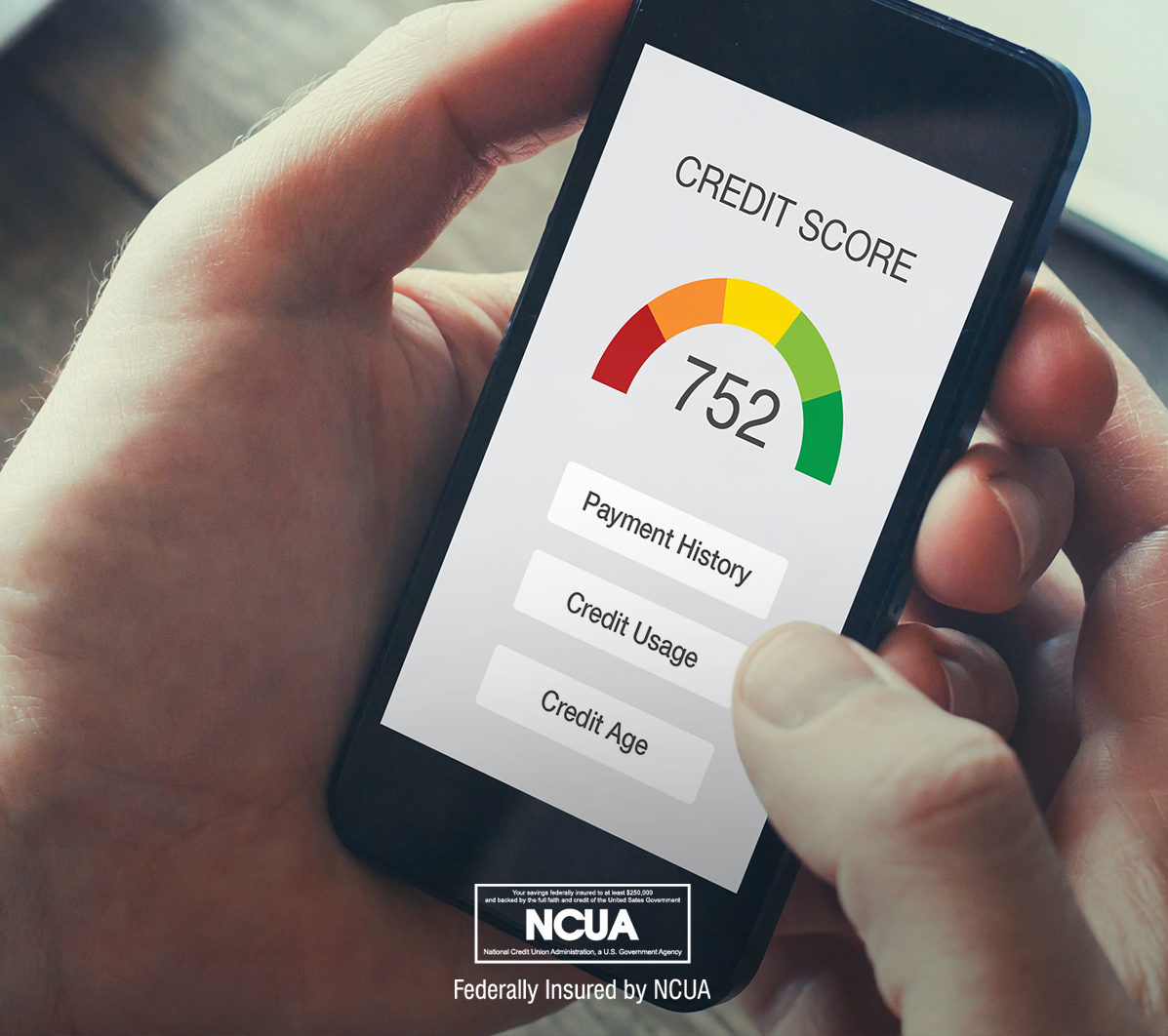If you have struggled in the past, building your credit rating may sound like an insurmountable task. But it’s not. You can improve your credit score and your overall quality of life.
A moderate or high credit score can significantly improve your ability to obtain car loans, obtain a home mortgage, or even rent a hotel room. If you have a low credit score or no credit, on the other hand, you may face many obstacles in obtaining things that are commonplace in everyday living.
For that reason, it’s important to improve your credit score when you can, and building your credit rating with the following tips may be easier than you think.
1. Start with making sure you have some credit history.
Teenagers and adults who have recently completed a bankruptcy filing are among those who might not have credit at all. That’s not necessarily a bad thing, but it gives credit agencies nothing to reference if they try to obtain a loan, open a credit card, rent a car, and so on.
It may be easier to start with a secured credit card, which requires a deposit upfront that is typically the limit of your card.
Word of caution: If you have recently completed a bankruptcy, you will likely receive solicitations from many credit companies. Be very careful to read the fine print in that case, as many of these offers may have a very high interest rate. It is important to open some line of credit soon, but make sure you weigh all your options and make smart choices.
Our Georgia Credit Union, for instance, offers competitive rates for credit cards and loans, so speak with one of our associates to start building your credit rating.
2. Don’t allow your credit card debt to stay above 50 percent of the limit.
Ideally, the amount of money that you owe on a credit card or other line of credit would be closer to 10 percent (or zero percent, whenever possible).
Occasionally, you may wish to make a purchase that puts you above the 50 percent threshold, and that’s OK for a minute. Just make sure you don’t continue piling on that debt, and make your best effort to reduce that debt to closer to the 10 or 20 percent mark as soon as possible.
If you prefer to keep a zero balance, that’s OK. Just make sure you use the credit card occasionally in order to start building your credit score.
3. Pay your bills on time — every, single time.
Along those lines, paying the minimum amount due on your bills on time is one of the most important factors in building your credit rating. If you can pay off the entire amount, that’s even better, as you won’t rack up interest on the remaining balance.
Note: If you do choose to reduce your balance to zero, don’t close the credit card completely. Closing credit cards can lower your score. The impact is minimal and likely temporary, but there’s no reason to cancel the card if you are responsible with it and don’t owe anything else.
If you have too many accounts open, that doesn’t bode well either, however. Pick and choose the ideal lines of credit for you.

Credit mix and credit history are among the variables that determine your overall score.
4. Open various types of credit lines.
Obtaining one or two credit cards may be a good way to start building your credit rating.
However, having multiple types of debt that you manage responsibly may help you build your credit rating faster. For instance, you may wish to have one revolving loan, such as that which applies to a credit card, as well as an installment loan, such as an auto loan.
In fact, a credit mix determines 10 percent of a FICO score.
A FICO score is one of a few factors that determines your overall score, which generally is a combination of the scores from the three major credit reporting agencies: TransUnion, Experian, and Equifax. The rest of the variables in your FICO score rating include:
- Payment history, 35%
- Amounts owed, 30%
- Length of credit history, 15%
- New credit, 10%
(See our related blog for additional details about credit score ranges.)
If you do open multiple lines of credit, make sure you can track and manage all of the debts carefully. You may wish to set up automatic bill pay to help you pay your bills on time, but if you do so, make sure you keep an eye on the applicable checking account to make sure you don’t spend more than you have.
5. Ask someone to cosign for you.
If you are a teenager or adult who is just starting out in the financial world, you may need to have a parent, older sibling, or other trusted, responsible adult cosign for you when you obtain your first loan or credit card.
However, be very careful here. If you don’t pay your bills on time, it may reflect poorly on their credit history. They are putting their name on the line in order to help you build your credit rating, so make sure you return the favor by managing your debt responsibly.
Building your credit rating isn’t difficult, but it might take time. With some patience, guidance, and support, your credit score may improve and possibly even faster than you think.
For more information about how to improve your credit score or to obtain a credit card, contact us at Georgia Heritage Federal Credit Union. Send us a message online or call us at (912) 236-4400 during normal business hours. For more information, visit ghfcustaging.wpengine.com.




